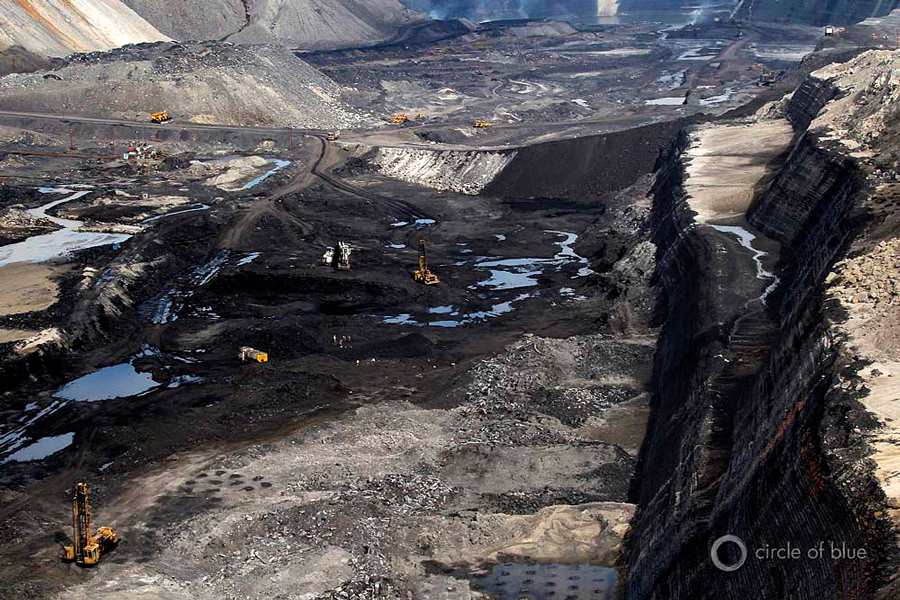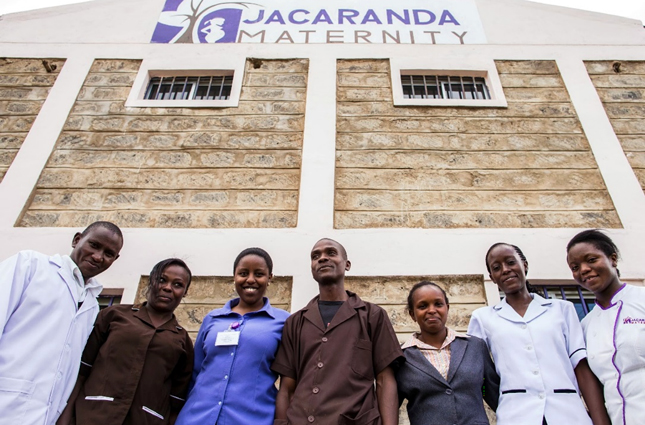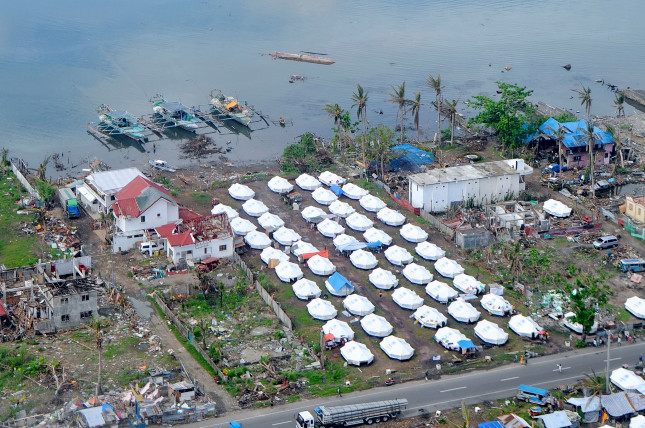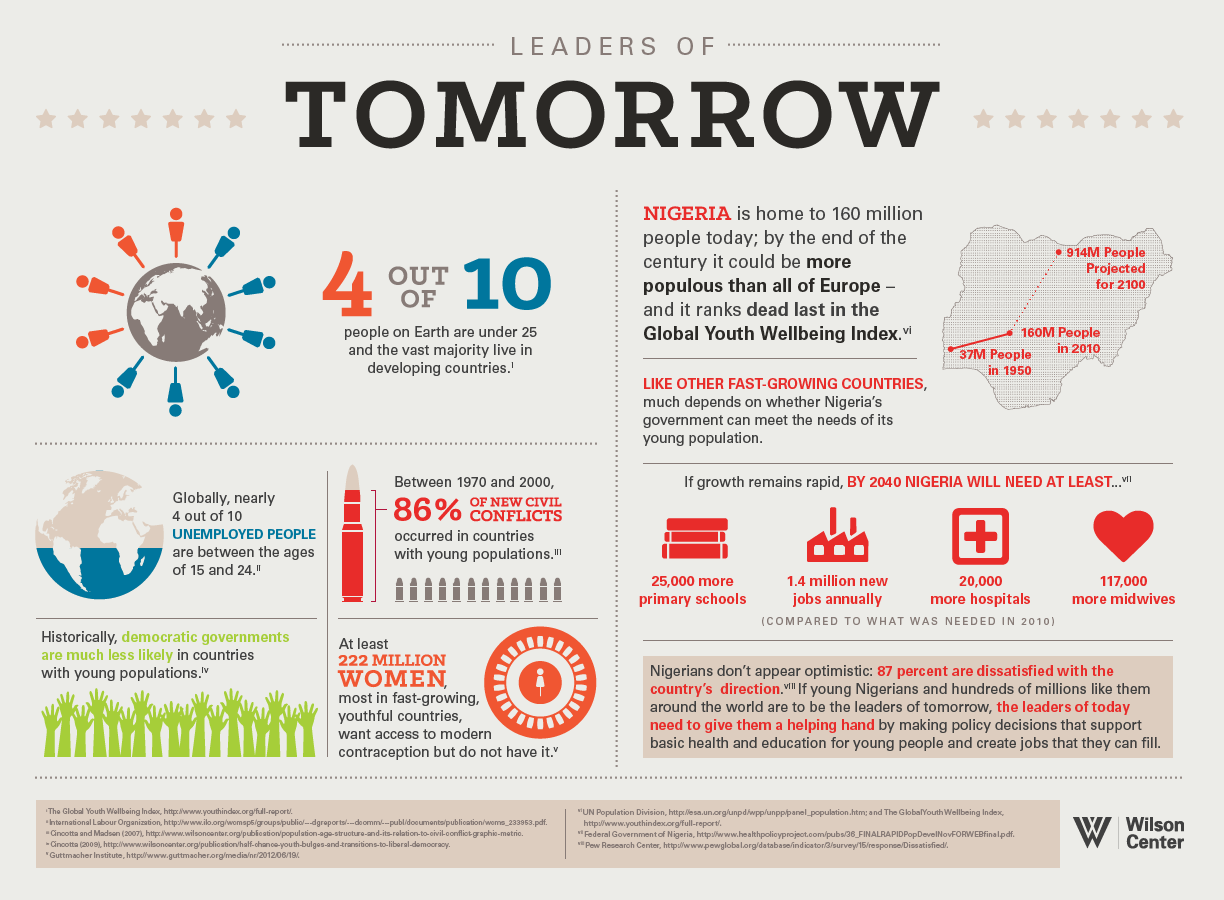-
India’s Faltering Energy Production, Damaged Water Resources Demand Modi’s Close Attention
›India’s new prime minister swept into office in May on a message of aspiration and a reputation for action.
During the nearly 13 years that Narendra Modi served as chief minister of Gujarat before becoming prime minister, his successes included drastically curtailing the number of hours that manufacturers in India’s premier industrial state went without electricity. The state’s transmission grid was strengthened and he promoted the development of 900 megawatts of solar generating capacity (equivalent to a large nuclear plant).
-
Antenatal Care as an Instrument of Change: Innovative Models for Low-Resource Settings
›
A roadside billboard in Malawi reads: “No woman should die while giving life.” But in many countries, death or grave injury during childbirth is an all too frequent occurrence. [Video Below]
-
Environmental Dimensions of Sustainable Recovery: Learning From Post-Conflict and Disaster Response
›
“Environmental specialists need to change,” said Anita van Breda at the Wilson Center on June 25. “In the new normal, our work has to have a different relevancy.” [Video Below]
-
Climate Change Will Test Water-Sharing Agreements
›July 15, 2014 // By Thomas Curran
Many existing water-sharing treaties should be re-assessed in the context of climate change, write Shlomi Dinar, David Katz, Lucia De Stefano, and Brian Blakespoor in a World Bank working paper.
-
A Closer Look at USAID’s Climate Strategy: Climate-Smart Development a Work in Progress
›July 14, 2014 // By Kathleen MogelgaardIn March, the Intergovernmental Panel on Climate Change released its latest comprehensive synthesis of climate change research. The report concludes that “impacts from recent climate-related extremes, such as heat waves, droughts, floods, cyclones, and wildfires, reveal significant vulnerability and exposure of some ecosystems and many human systems to current climate variability.”
-
Investing in the Leaders of Tomorrow: World Population Day 2014 Youth Infographic
›World Population Day began in 1987 after public imagination was sparked by the idea that there could be 5 billion people on Earth. Today, we’re well past 7 billion and according to the latest UN projections, headed north of 9 billion by mid-century.
-
Seven Billion People, One Planet: Roger-Mark De Souza on Empowering Young People
›“Population is critical to thinking about sustainability and human wellbeing, and how we live and subsist on the planet,” says ECSP’s Roger-Mark De Souza on this World Population Day.
-
Youth and Global Violence: Saving History’s Largest Generation of Young People
›July 9, 2014 // By Moses Jackson
As the largest-ever generation of young people enters adulthood, armed conflict is having a profound effect on their future. People under the age of 24 comprise nearly half the world’s population but are the primary participants in conflict today. Conflict is more prevalent in younger societies, and half of all forcibly displaced people are children.
Showing posts from category featured.











